Search
Did you mean: Side?
Search Results
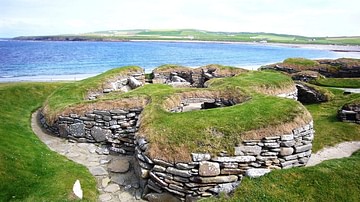
Definition
Skara Brae
Skara Brae is a Neolithic Age site, consisting of ten stone structures, near the Bay of Skaill, Orkney, Scotland. Today the village is situated by the shore but when it was inhabited (c.3100-2500 BCE) it would have been further inland. Steady...
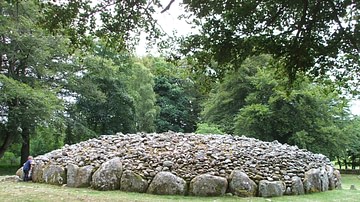
Definition
Clava Cairns
Clava Cairns is an early Bronze Age site in Scotland, located east of the city of Inverness, consisting of three well-preserved cairns (two of which are passage graves) and a number of free-standing stones strategically placed for astronomical...
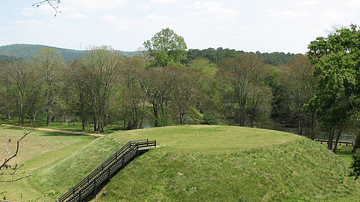
Definition
Etowah Mounds
Etowah Mounds (also known as Etowah Indian Mounds) is a National Historic Landmark and archaeological site near Cartersville, Georgia, USA, enclosing the ruins of a prehistoric Native American city whose original name is unknown. The present...
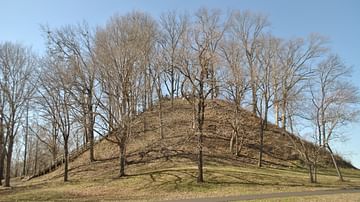
Definition
Pinson Mounds
The Pinson Mounds are a State Archeological Park in Madison County, Tennessee, USA enclosing a prehistoric Native American religious site comprising earthen mounds built during the Middle Woodland Period (c. 200 BCE - 500 CE). Although there...
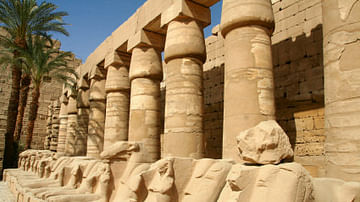
Definition
Karnak
Karnak is the modern-day name for the ancient site of the Temple of Amun at Thebes, Egypt. The Egyptians called the site Nesut-Towi, "Throne of the Two Lands", Ipet-Iset, "The Finest of Seats" as well as Ipt-Swt, "Selected Spot" also given...

Article
Lost Civilisations of Anatolia: Göbekli Tepe
Göbekli Tepe is the world's oldest example of monumental architecture; a 'temple' built at the end of the last Ice Age, 12,000 years ago. It was discovered in 1995 CE when, just a short distance from the city of Şanliurfa in Southeast Turkey...
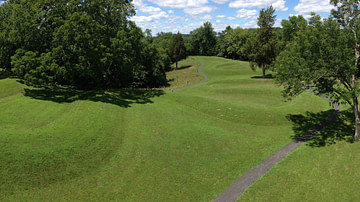
Definition
Serpent Mound
Serpent Mound (also known as Great Serpent Mound) is an archaeological and historic site in Peebles, Ohio, USA, enclosing an effigy mound 1348 feet (411 m) long in the shape of a serpent, the largest effigy mound of a serpent in the world...
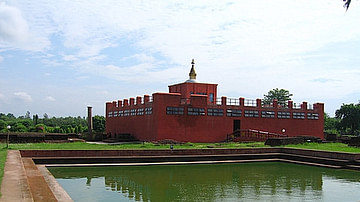
Definition
Lumbini
Lumbini is a village, archaeological site, and place of pilgrimage honored as the birthplace of Siddhartha Gautama (the Buddha, l. c. 563-483 BCE) located in modern-day Rupandehi District of Nepal, Province 5, near the Indian border. It was...

Article
Ten Great Native American Mound Sites
The Native Americans of Pre-Colonial North America built thousands of mounds across the continent which served various purposes and sometimes reached heights over 100 feet. Many of the mound sites were thriving urban centers – such as Cahokia...

Definition
Troy
Troy is the name of the Bronze Age city attacked in the Trojan War, a popular story in the mythology of ancient Greece, and the name given to the archaeological site in the north-west of Asia Minor (now Turkey) which has revealed a large...